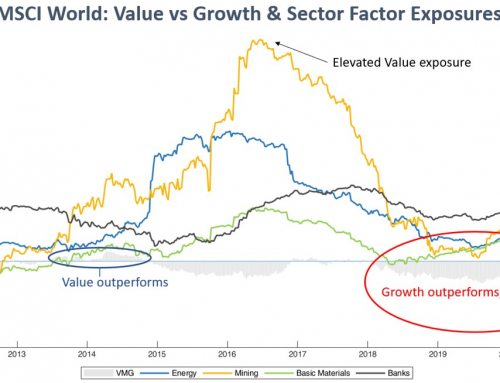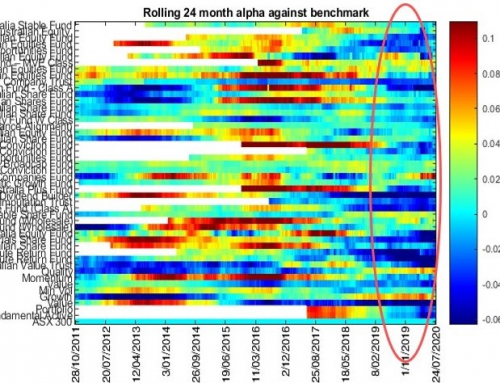In the past 3 weeks, the banking and financial services industry certainly felt the wrath of the Royal Commission. Finally, a formal body called out the elephant in the room; that the conflicted remuneration model has been knowingly allowed to persist at the expense of clients. The industry knew full well this was happening in certain parts of town; however we were as shell-shocked as the public at the extent of the blatant disregard of client interest, all the way to the top executive level. Given the strong indictment, what hope is there left for the industry? What recommendations will be made by the Royal Commission and will there be sufficient political will to effect change?
Our strong view is that the industry needs to save itself and evidence action immediately and not wait for the findings and out-workings of the Royal Commission.
Firstly, advisers need to step up and provide clients with the necessary transparency and remove all inherent conflicts. To do so, strategic advice must be separated from product/portfolio advice, which is where the embedded conflict has prevailed for so long. This way, clients are in a position to: i) know what service they are receiving; ii) benchmark and compare services (and costs) with other options; iii) ascertain whether the service provided is supported with the appropriate skillset (not all advisers are portfolio or investment advisers); and iv) seamlessly terminate from each service, if deemed appropriate.
DFS has from our inception back in 2003 – been focussed on providing a fee– for-service based advisory solution to our clients. This stems from our origin with the Deloitte group prior to that date. To offer greater transparency, DFS then created 2 distinct divisions in 2009 when it established DFS Portfolio Solutions Pty Ltd (DFSPS). The role of DFSPS is to attend to all investment portfolio related matters and to focus on risk and investment performance. DFS Advisory specifically focuses on strategy and client servicing.
While the 2 divisions are synchronised, they each perform distinct duties and are therefore distinctively priced. Such unbundled fee structures create transparency, which shifts the balance of power to consumers. In simple terms, there are less places to hide when structural advice is separated from portfolio advice; and this effectively forces advisors to account to their clients under each service arrangement. DFS chose this path almost 10 years ago, long before the Future of Financial Advice (FoFA) reforms and the Royal Commission.
It has always been the cornerstone of our business model and we are pleased that the Royal Commission is focusing on accountability through transparency as the pathway to serving consumer best interests. While many advisory firms are coming to terms with a new and disruptive reality, post Royal Commission, DFS finds itself on solid ground with exciting growth prospects ahead of the Royal Commission’s findings.
Disclaimer






